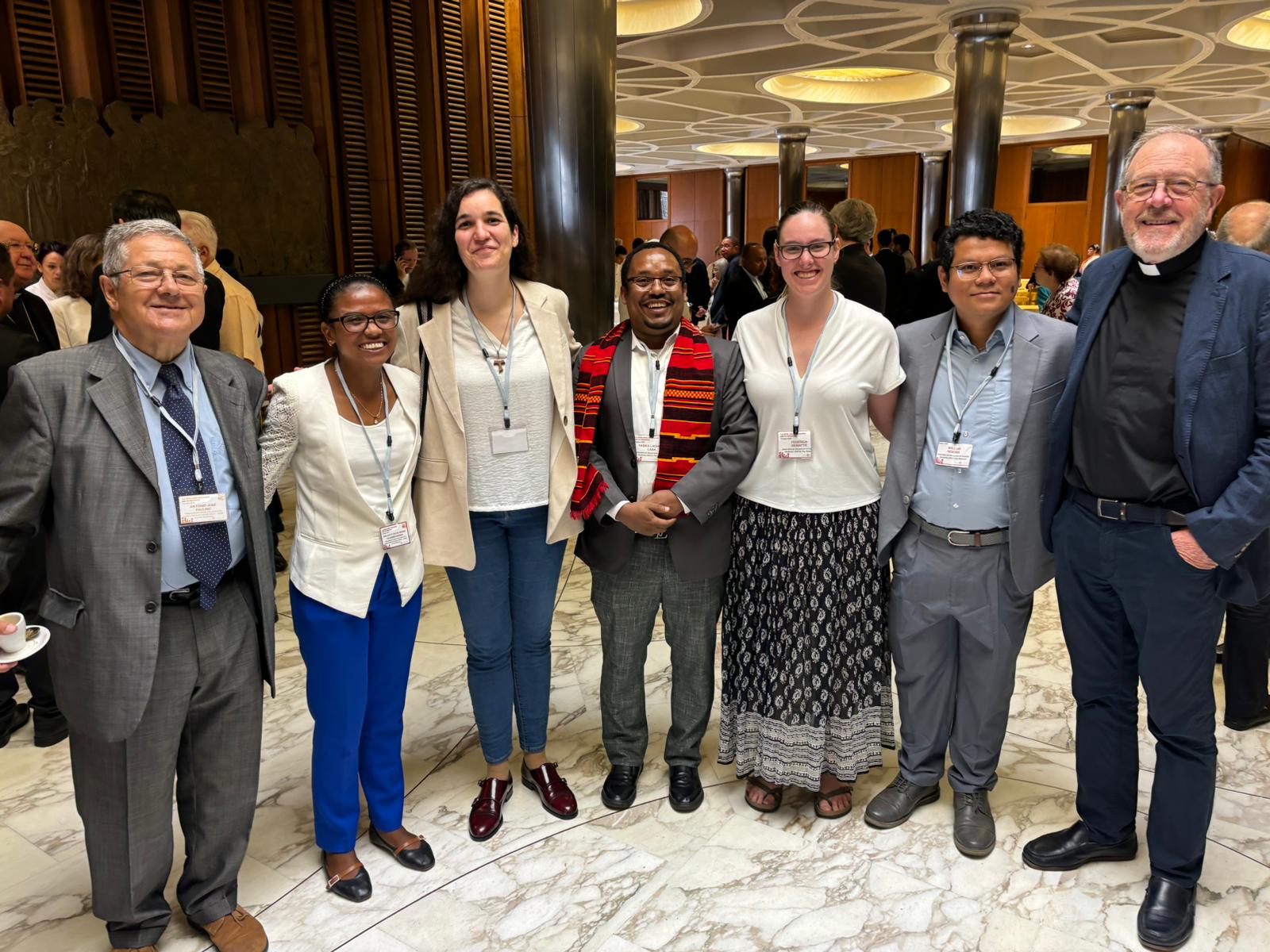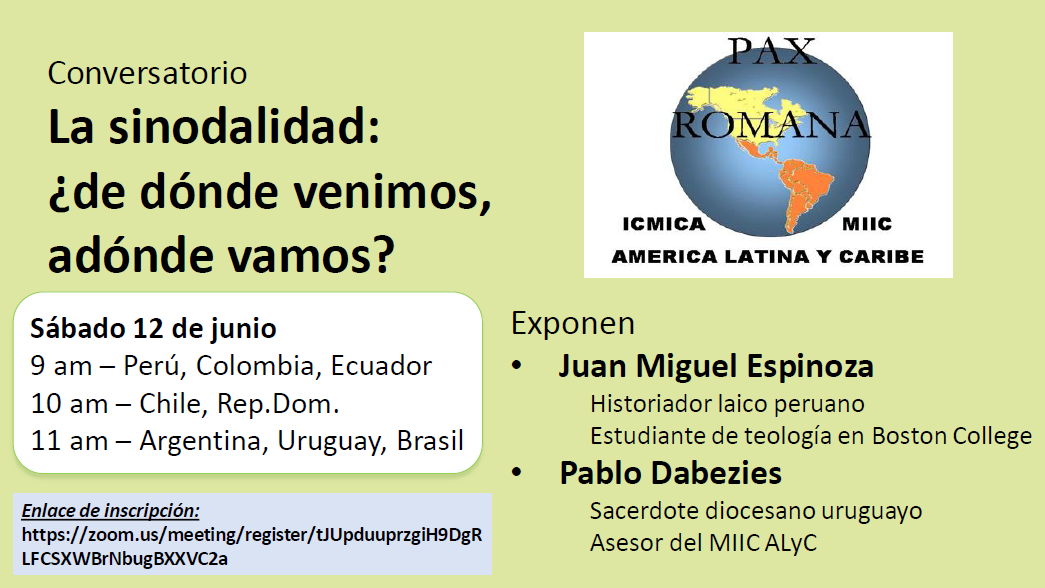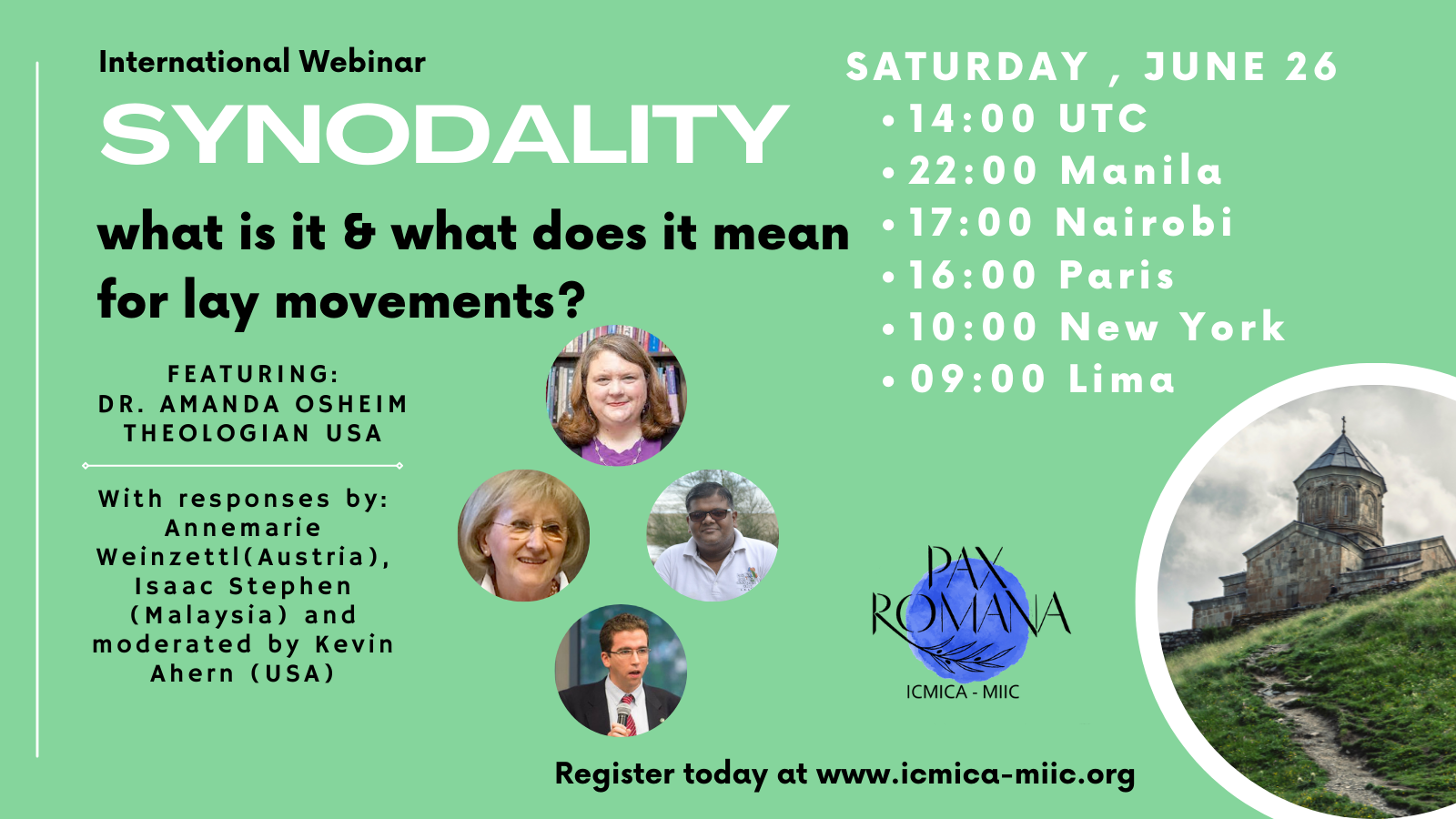SOUTH ASIAN JESUIT THEOLOGIANS’ COLLOQUIUM, DELHI
South Asian Jesuit Theologians’ colloquium was convened by Fr Michel Amaladoss SJ, one of the eminent Asian theologians and the secretary of the Jesuits in Religious Studies (JERES) from 19-21, October 2014 at Nav Jivan Retreat Center in Delhi. Thirty two theologians who attended the conference deliberated upon the challenges that the Jesuit theologians face in building a theologically thinking and feeling community in the South Asian region that is sensitive to glocal concerns.
“Let us build ourselves … Let us know each other” was the theme for the first day of the conference.
The participants felt that the overarching as well as the underpinning aspect of their journey as a Jesuit theologian is the quest to facilitate Christians as well as people of other religious faiths and traditions to cherish their faith. In other words they seek a context oriented theology. Each theologian respond to this quest in a number of ways: bringing post colonial, Dalit, tribal perspectives into current scriptures research, exploring the divine mystery without relativizing Christ, by investigating relationship between Christ and other symbols, integrating human right perspectives into theological writings, looking at the riches of the Bible from the context and from the world view of the marginalized peoples and studying interfaith relations. The theologians at the colloquium affirmed that this search and consequent efforts bring about a transformation in their lives leading them to a greater and deeper commitment.
Building bridges between peoples, their cultures and religions is another key element that emerged in their sharing. A question that heartens them is ‘What are our frontiers?’ Jesuit spirituality defines frontiers as not just far off geographical locales but religious realms of others. They explore deeper links between Gospel-cultures continuum. Gospel transforms cultures and enriches every believer in his/her pilgrimage towards the Divine One. This entails entering into different religious traditions and cultures with respect and love. This entering transforms us to be better and deeper Christians, they claimed. In a multi religious and pluralistic context presence is a witness. They also shared their dream projects.
On the second day the theologians indentified a number of areas that beg the attention every south Asian Jesuit theologian. The participants noted that Asian Jesuit theological discourse need to re-emphasis space for subalterns’ perspectives, room for mystical dimension of Asian religions and cultures, dialogue with religions of the poor and from the perspectives of the poor.
They members of the colloquium expressed their concern with regard to the perceived weakening of contextual theological methodology. They pointed out the lack of rigor in integrating Indian resources in our theological discourse and paucity in serious efforts in dialogue with other religions and cultures of Asia. The missing links between our articulation and its reach to our people did not escape the scanner of the Jesuits present in the meeting. They also pointed out that South Asian Jesuit need to learn the art of net working with people of good will, more open to social and cultural movements for justice, great care towards learning the idioms of people. Christological concerns from multi-religious context are not getting enough attentions is one of the serious concern of the theologians. They also debated on whether the Jesuit theological writings from South Asia are mere sociological and anthropological studies? Are they sufficiently theological in method and content? They also underlined the importance of health dialogue between local and global concerns in theological endeavors.
A host of other important issues were highlight during the course of discussion. It is important to record them for a wider debate on these questions. Christian Tribals are politically and socially alienated in the present context. Are we experiencing commitment fatigue? What is our theological response to this situation? Very few South Asian theologian make their presence felt in the secular press and media (social). Why are we shy of secular media? It appears that we have generated enough steam for working towards reconciliation between warring groups? Women participation in the Church and society … theological education for the laity … are the other concerns that beg the attention of south Asian theologians. A consensus emerged that we need to coordinate our response on the many issues that were discussed.
Pondering on the challenges enumerated and responses that emerged from the floor paved the way for the birth of the South Asian Jesuit Theologians’ Forum. It is a network of Jesuit theologians in South Asia interacting together on common themes of interest concerning our mission in South Asia and the world.
This Forum could meet either as a whole group or in smaller groups according to need. It will be coordinated by the Secretary of Jesuits in Religious Studies (JERES) with a core team.
For the coming three years, we suggest this Forum focuses on the following themes: (1) Indian Christology, (2) Hindutva, and (3) Empowering the Subalterns. Over the next year we could also support the ongoing process of the Synod on Family. The groups working on the themes, could network through the internet, meet when necessary and organize a wider meeting also open to others when a particular theme is ready for exposition. This should lead to publication.
Indian Jesuit Theologians’ Forum could have a website where information on all the theologians will be available. The ongoing publications of theologians (articles/books/ papers presented in major conferences) could be uploaded once in three months. The website will provide link to the blogs of the individual theologians of the Forum. It will be a platform for Jesuits to write in the secular press and media (social) responding to emerging issues and trends.
On the third day Fr Lisbert D’Souza, the general assistant, Fr Edward, the outgoing POSA and Fr Noel Sheth from Jnana Deepa Vidyapeeth in the panel presentations stressed the importance of serious research writings from South Asia. They noted that Indian Jesuit theologians should show how one could be faithful to the Gospel and at the same time open to the Spirit of God at work in other religions and cultures. In other words the South Asian theological writings should demonstrate forcefully that any serious theological writings should link the fundamentals with the frontiers!
The participants have chosen among themselves from the following themes: Indian Christology, Hindutva, and Empowering the Subalterns and family and resolved to work in teams in the next two years to run seminars that should lead to publication. This colloquium should be a spring in the South Asian theological writings is the heartfelt prayer of each theologian who attended the conference. The participants did not fail to point out those two theologians at the helm of South Asian Jesuit affairs: Fr George Pattery (POSA) and Fr Raj Irudaya (ADF) give sufficient hope for advancing the theological spring in South Asian Jesuit family. Thanks to Amal who brought the theologians together! His careful planning with the assistance of P.R. John (Vidyajyoti) was appreciated and gratefully acknowledged by all the members of the colloquium. Thanks to Fr Edward, the out-going Provincial of the Conference, for his sustained support to the theological fraternity in South Asia.




Leave A Comment
You must be logged in to post a comment.